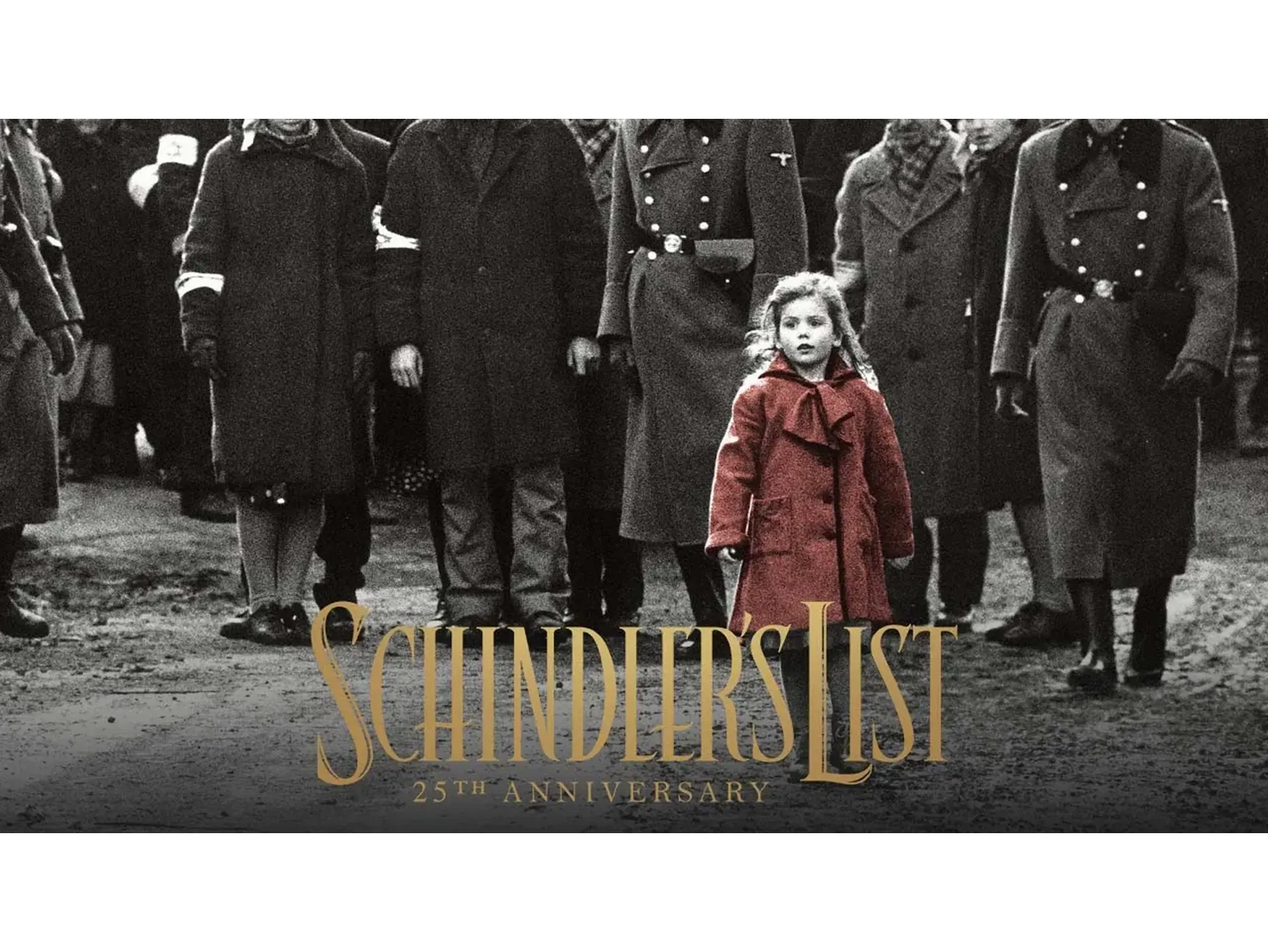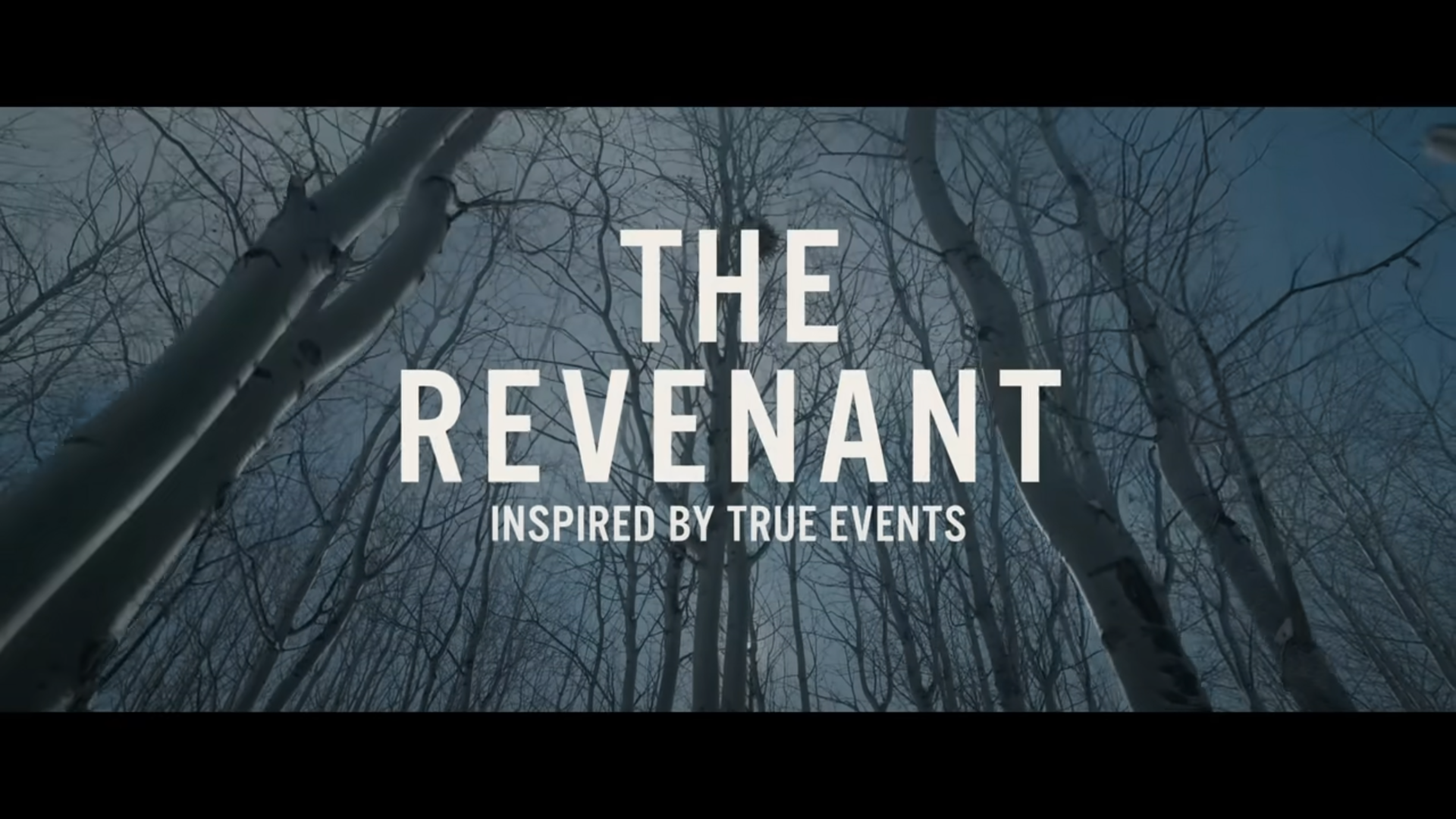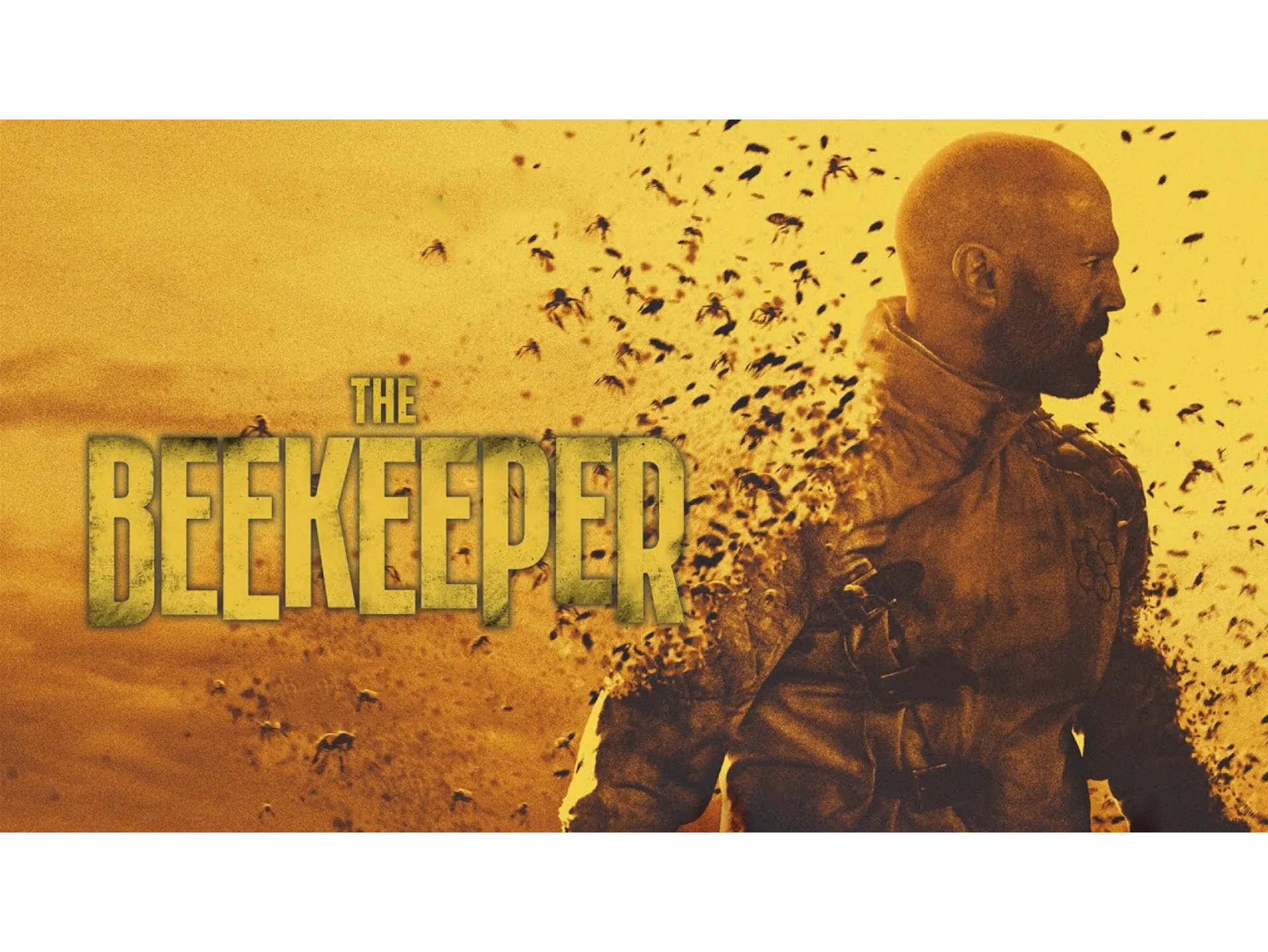In a gripping portrayal of one of humanity’s darkest chapters, ‘Schindler’s List’ stands as a powerful commentary on human behavior, especially the instinct of defensiveness that can surface in the face of adversity. Directed by Steven Spielberg, this film serves as a poignant reminder of the complexities of human nature, primarily focusing on how defensiveness can manifest in times of great moral conflict.
The Historical Background of ‘Schindler’s List’
To understand how ‘Schindler’s List’ showcases defensiveness, it’s essential to grasp its historical context. Released in 1993, the film is based on the true story of Oskar Schindler, a German industrialist who saved over a thousand Polish Jews during the Holocaust. Set in World War II, the film presents the brutal realities of the Holocaust, including forced labor camps, mass extermination, and the struggle for survival.
The backdrop of this heart-wrenching story reflects the moral complexities faced by individuals during extreme circumstances. Schindler stands out as a figure who initially profits from the war while hiding his defensiveness behind a facade of indifference and opportunism. His transformation from a self-serving businessman to a compassionate savior illustrates how defensiveness can stem from fear, apathy, and ultimately a sense of accountability.
Defensiveness Defined: The Basic Instinct
Defensiveness, at its core, is an instinctual reaction to perceived threats, whether physical or emotional. In human behavior, defensiveness can manifest in various forms, such as denial, blame, rationalization, or avoidance. As depicted in the film, these defensive mechanisms often arise when people confront their own moral failings or vulnerabilities.
In ‘Schindler’s List’, defensiveness is exhibited by both individuals and groups. Nazi officers, for example, display a chilling adherence to ideology, justifying their heinous actions by claiming authority and scapegoating their victims. The film vividly illustrates how the desire to rationalize inhumane actions can lead to greater moral decay.
Oskar Schindler: A Complex Portrait of Defensiveness
Oskar Schindler’s character embodies the transformation from a defensive and morally ambiguous persona to one of courageous integrity. Initially, his motives are laced with self-interest, aimed at financial gain. He uses Jewish workers because they are cheaper and more submissive. This hedonistic approach showcases the defensive nature of someone prioritizing self-preservation in times of turmoil.
As the film progresses, Schindler’s defensiveness begins to erode. The turning point comes when he witnesses the brutal realities of the Holocaust firsthand. The naked defensiveness of his earlier behavior gives way to a deeper sense of guilt and moral obligation. This shift represents the battle between self-interest and moral responsibility, emphasizing how awareness can dismantle defensiveness.
The Role of Apathy in Defensiveness
Another significant aspect of defensiveness highlighted in ‘Schindler’s List’ is the role of apathy. Many characters in the film choose to remain inactive, suppressing their sense of empathy to avoid confrontation with the horrors around them. This blind indifference illustrates how defensiveness often thrives in a culture of neglect, allowing atrocities to occur.
The German businessmen, officials, and even ordinary citizens who turn a blind eye to the Holocaust exemplify how defensiveness manifests as denial or a refusal to acknowledge uncomfortable truths. This collective apathy contributes to a societal environment where injustice is allowed to fester unchecked, showcasing the dangers of defensiveness at a communal level.
The Conflict Between Personal Safety and Moral Consciousness
One of the film’s most compelling aspects is the tension between personal safety and moral consciousness. Characters in ‘Schindler’s List’ face unthinkable dilemmas that force them to confront their defensiveness. Schindler’s decision to protect his Jewish workers becomes a radical act of defiance against the overwhelming urge to prioritize self-preservation.
The film portrays this moral conflict through various characters, such as Itzhak Stern, Schindler’s Jewish accountant, who grapples with his own defensiveness while trying to protect others. The tension between survival and moral action creates a layered narrative that conveys the message that individuals often choose defensiveness over courage when confronted with ethical dilemmas.
Empathy as an Antidote to Defensiveness
In stark contrast to defensiveness, ‘Schindler’s List’ emphasizes the power of empathy as a tool for overcoming fear and self-preservation. Empathy allows Schindler to connect with the suffering of the Jewish people. His awakening to their plight catalyzes his transformation from an opportunistic businessman into a heroic savior.
The moments in the film where Schindler risks everything to save innocent lives are profound portrayals of empathy triumphing over defensiveness. This transformation serves as a reminder that while defensiveness can be a natural reaction, embracing empathy can lead to significant personal growth and moral courage.
Views of Authority: Defensiveness Among the Oppressors
One of the most horrifying aspects of ‘Schindler’s List’ is the portrayal of the Nazi officers who display extreme forms of institutional defensiveness. Individuals like Amon Goeth, the camp commandant, represent how defensiveness can manifest as a ruthless commitment to authority. Goeth’s complete detachment from humanity allows him to commit unspeakable acts without remorse.
The film carefully unravels the psychology behind such extreme defensiveness, showcasing how those in positions of power can become desensitized to suffering. This defense mechanism often serves to protect their sense of identity and superiority. Goeth’s brutality reveals how unchecked defensiveness can contribute to a culture of violence and oppression, reminding the audience of the potential for cruelty inherent in human nature.
Conclusion: The Dual Nature of Defensiveness
‘Schindler’s List’ serves as a powerful exploration of human defensive behavior in the midst of moral crises. Through a series of complex characters and relationships, the film showcases the struggle between compassion and self-preservation, highlighting how defensiveness can stifle moral responsibility.
Ultimately, the film serves as a profound reminder that the defensive tendencies within human nature can lead to both protection and peril. While the desire for self-preservation is a natural instinct, the embracing of empathy can illuminate pathways to acts of greatness amid adversity. Schindler’s journey from defensiveness to moral clarity underscores the potential for change within us all, challenging viewers to confront their defensive instincts while fostering empathy in their own lives.
FAQs
1. What is the main theme of ‘Schindler’s List’?
The main theme of ‘Schindler’s List’ revolves around the moral complexities of human behavior, focusing on the struggle between self-interest, defensiveness, and ethical responsibility during the Holocaust.
2. How does defensiveness relate to historical events?
Defensiveness often emerges during crises, as individuals or groups seek to protect themselves or justify their actions. In historical contexts like the Holocaust, it can lead to apathy, complicity, and a failure to confront injustice.
3. What lessons can we learn from Oskar Schindler’s character?
Oskar Schindler’s character teaches us the importance of self-awareness and moral courage. His transformation from a self-serving businessman to a compassionate savior illustrates the impact of empathy in combating defensiveness.
4. Why is apathy significant in the context of the film?
Apathy is crucial in ‘Schindler’s List’ as it highlights how defensiveness can motivate individuals and societies to remain passive in the face of injustice, enabling horrific acts to occur without intervention.
5. How does ‘Schindler’s List’ challenge the viewer’s perspective on human nature?
The film challenges viewers to confront the darker aspects of human behavior, emphasizing that defensiveness can lead to moral failure, but also shows that empathy and courage are necessary for making a positive difference.



